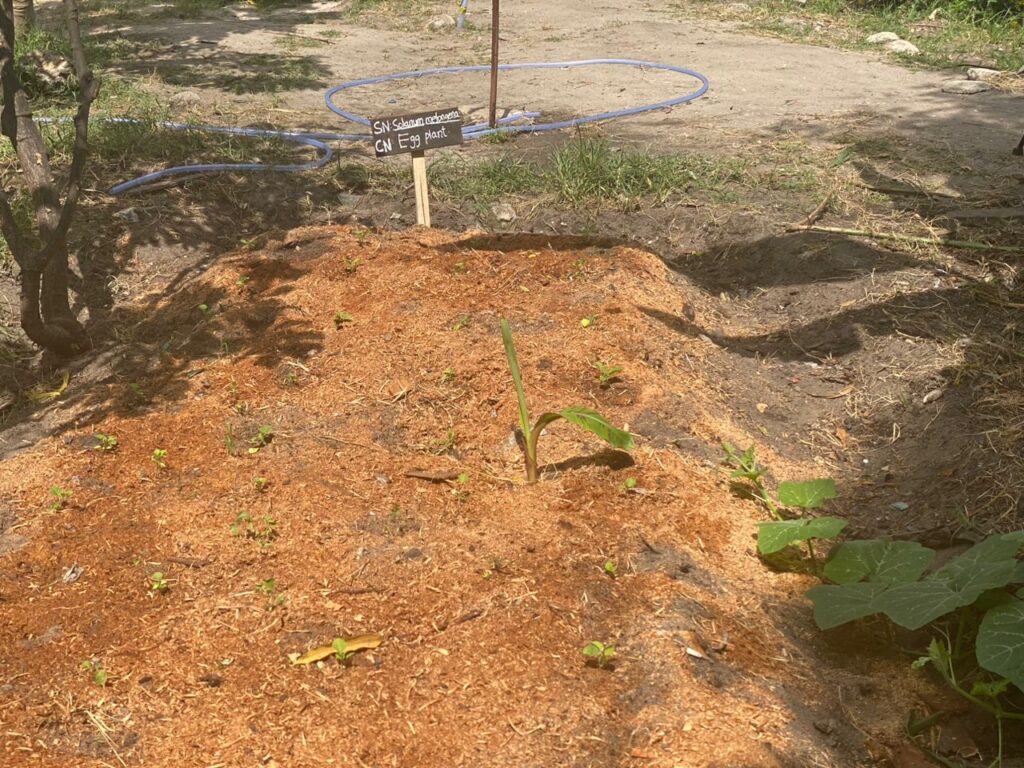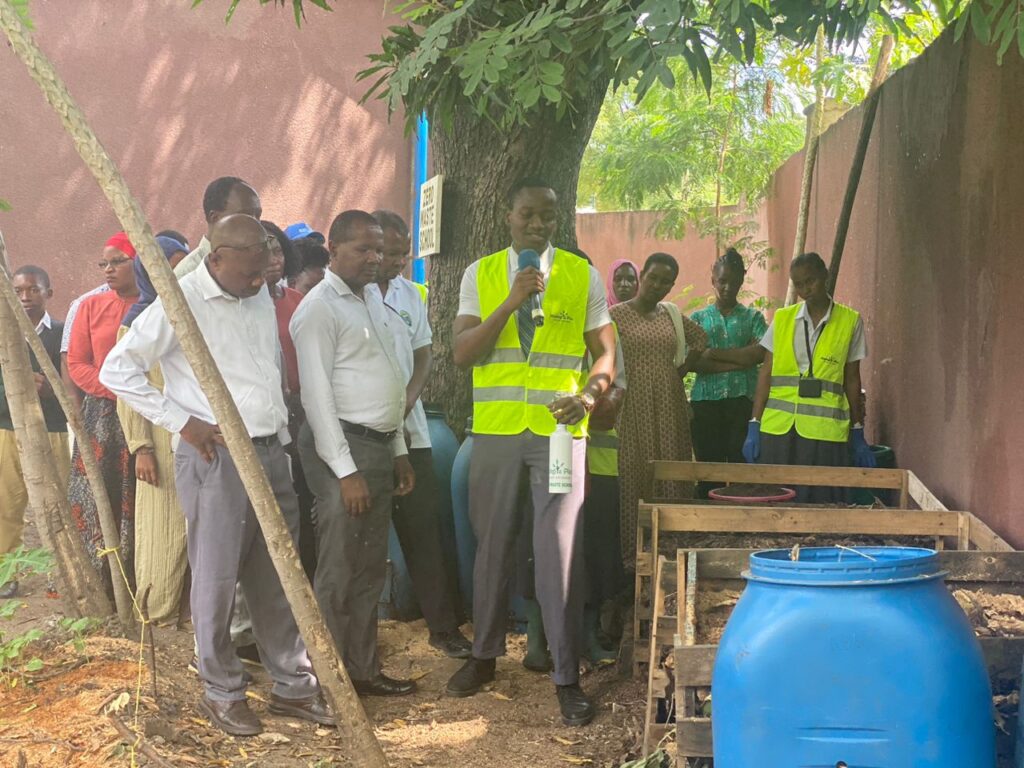Dar es Salaam. Imagine a school where environmental care isn’t just a subject in a textbook but a vibrant reality woven into the fabric of everyday life. At Kibasila Secondary School in Dar es Salaam, that’s exactly the case.
Led by the “Zero Waste Project,” an innovative initiative by the Environment Plus Institute and TCCI Environment, students are emerging as environmental champions, transforming waste into economic opportunities, and enhancing both their health and the well-being of the community.
The project goes beyond simply collecting trash. At its core is a custom-built “cage” that ingeniously separates waste—plastics, metals, and even household organics—for recycling and repurposing. But the true magic lies in empowering students with the knowledge and skills to turn this waste into value.
“More than 70 percent of diseases are caused by dirt,” emphasized Mkana Mohamed, head of the Temeke Municipal Environment Department.
“Controlling it means less illness, less money spent on treatment, and more resources for building the economy.

“The Zero Waste Project tackles this crucial link head-on. By diverting waste from landfills and transforming it into fertilizer or sellable materials, students not only earn income but also contribute to a cleaner, healthier community.
The impact is already undeniable. Since the project began in September, Edson Michel, the student ambassador, proudly recounts their achievements: “We’ve planted 500 fruit trees, built vegetable gardens, and even learned to make fertilizer from waste.”
This newfound environmental consciousness extends beyond the school walls. Edson noted that “we collect plastic waste. We then sell them to recyclers for new products, and other hazardous waste is safely disposed of by the municipality.”
But the project isn’t without its challenges. Lack of proper equipment, like gloves and shoes, can hinder progress. Yet, the student spirit shines through. “We’re facing these challenges head-on,” says Edson, “because we know the difference we’re making.”
Kibasila Secondary School’s success story serves as a beacon of hope and inspiration. It highlights the vast potential of youth engagement in environmental solutions.
As Mohamed aptly concludes, “This project is an example to be followed. We need to spread this culture of environmental care to every corner of our nation”.



Turning Trash into Treasure: Kibasila School leads the way in sustainable waste management – Habitat Media
adlkdtdvsz
dlkdtdvsz http://www.g7a05us135z0bqc5rnqp6l59i5wj3546s.org/
[url=http://www.g7a05us135z0bqc5rnqp6l59i5wj3546s.org/]udlkdtdvsz[/url]
Your point of view caught my eye and was very interesting. Thanks. I have a question for you.
I read this piece of writing fully on the topic of the
comparison of hottest and earlier technologies, it’s
remarkable article.!
Thank you for your sharing. I am worried that I lack creative ideas. It is your article that makes me full of hope. Thank you. But, I have a question, can you help me?
Как забронировать и бронирование отеля на Booking из России, все способы оплаты отелей на Букинге для россиян, доступные в 2025 году смотрите в этом материале